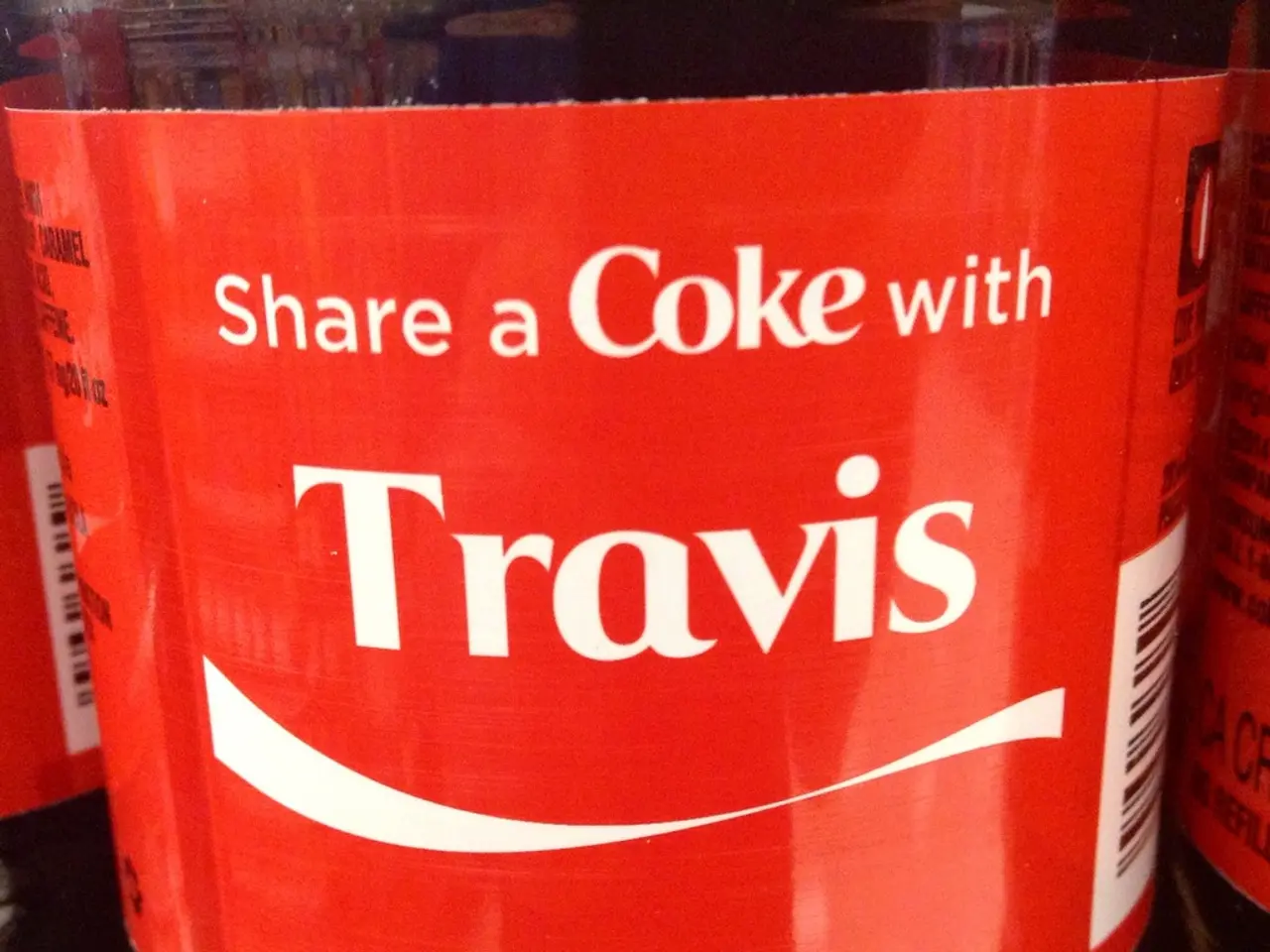Spotlight on the Underbelly of Celebrity Life, Substance Misuse Amongst Hollywood Stars
Dealing with addiction is a challenging endeavour, and a skewed perception of the risks and consequences can make it even harder. This is true not only in Hollywood, but also in South Africa, where the quality of addiction treatment can vary, and comprehensive care remains a distant dream for many.
High-profile cases of substance abuse in Hollywood can influence popular culture and societal attitudes towards drugs and alcohol. The pressures of fame and constant public scrutiny contribute to higher substance abuse rates in Hollywood. Substance abuse rates in Hollywood are significantly higher compared to the general population, and addiction to alcohol and other drugs consumes not only the life of the addicted person, but also has far-reaching impacts on society.
Celebrities face repercussions for substance abuse, including damage to their career, tarnished reputations, and potential jail time. Contrary to popular belief, celebrities are not above the law, and they still face legal consequences, including imprisonment, in South Africa.
In South Africa, the glorification or vilification of substance abuse in Hollywood can indirectly shape how substances are viewed. Hollywood's approach to substance abuse can and does influence perceptions and realities of substance abuse in South Africa, shaping the way we understand, treat, and support those dealing with addiction.
Hollywood often glamorizes drug and alcohol use, which can contribute to the normalization of destructive behavior, influencing South African culture, particularly among the youth. Navigating substance abuse in Hollywood presents a unique set of challenges and opportunities. South African celebrities may face similar, albeit smaller-scale, scrutiny that can exacerbate mental health issues and substance abuse.
Media portrayals can significantly shape public attitudes towards substance abuse. Positive or realistic portrayals can humanize individuals struggling with addiction, potentially leading to greater empathy and understanding. Conversely, negative or stereotypical portrayals can reinforce stigma and misconceptions. In diverse societies like South Africa, perceptions of addiction might be influenced by both local media and global productions like those from Hollywood.
The impact of media representation can vary depending on the cultural and social context of the audience. In South Africa, where there are significant cultural and socioeconomic variations, media representation could play a crucial role in shaping perceptions of addiction. If Hollywood productions are widely consumed and perceived as relevant, they might contribute to a more nuanced understanding of addiction, potentially aligning with South Africa's own efforts to address substance abuse.
In conclusion, while there is no direct information linking Hollywood's portrayal of substance abuse to its impact in South Africa, it is clear that media representation can have a significant influence on public perceptions and attitudes towards addiction globally. Further research would be needed to assess how these portrayals specifically affect South African perceptions and treatment of addiction.
- The skewed perception of risks and consequences of addiction, often influenced by Hollywood, is not limited to Hollywood alone, but also exists in societies like South Africa, where the quality of addiction treatment and comprehensive care remain elusive.
- Despite their fame and wealth, celebrities in Hollywood, including South African celebrities, face legal repercussions for substance abuse, such as damage to their career, tarnished reputations, and potential jail time.
- Glamorizing drug and alcohol use in Hollywood can indirectly shape South African perceptions, contributing to the normalization of destructive behavior and impacting the youth in particular.
- Navigating substance abuse in South African celebrity culture presents unique challenges and opportunities, potentially exacerbating mental health issues and substance abuse.
- Media portrayals, whether positive, realistic, negative, or stereotypical, can significantly influence public attitudes towards substance abuse, with potential implications for empathy, understanding, stigmatization, and misconceptions in diverse societies like South Africa.
- The cultural and social context of an audience is crucial in determining the impact of media representation on perceptions of addiction, and in South Africa, global productions from Hollywood might contribute to a more nuanced understanding of addiction that aligns with local efforts to address substance abuse.
- Further research is needed to assess how Hollywood's portrayal of substance abuse specifically affects South African perceptions and treatment of addiction, to uncover potential links between global pop-culture and health-and-wellness in South Africa, including mental health and substance abuse.




